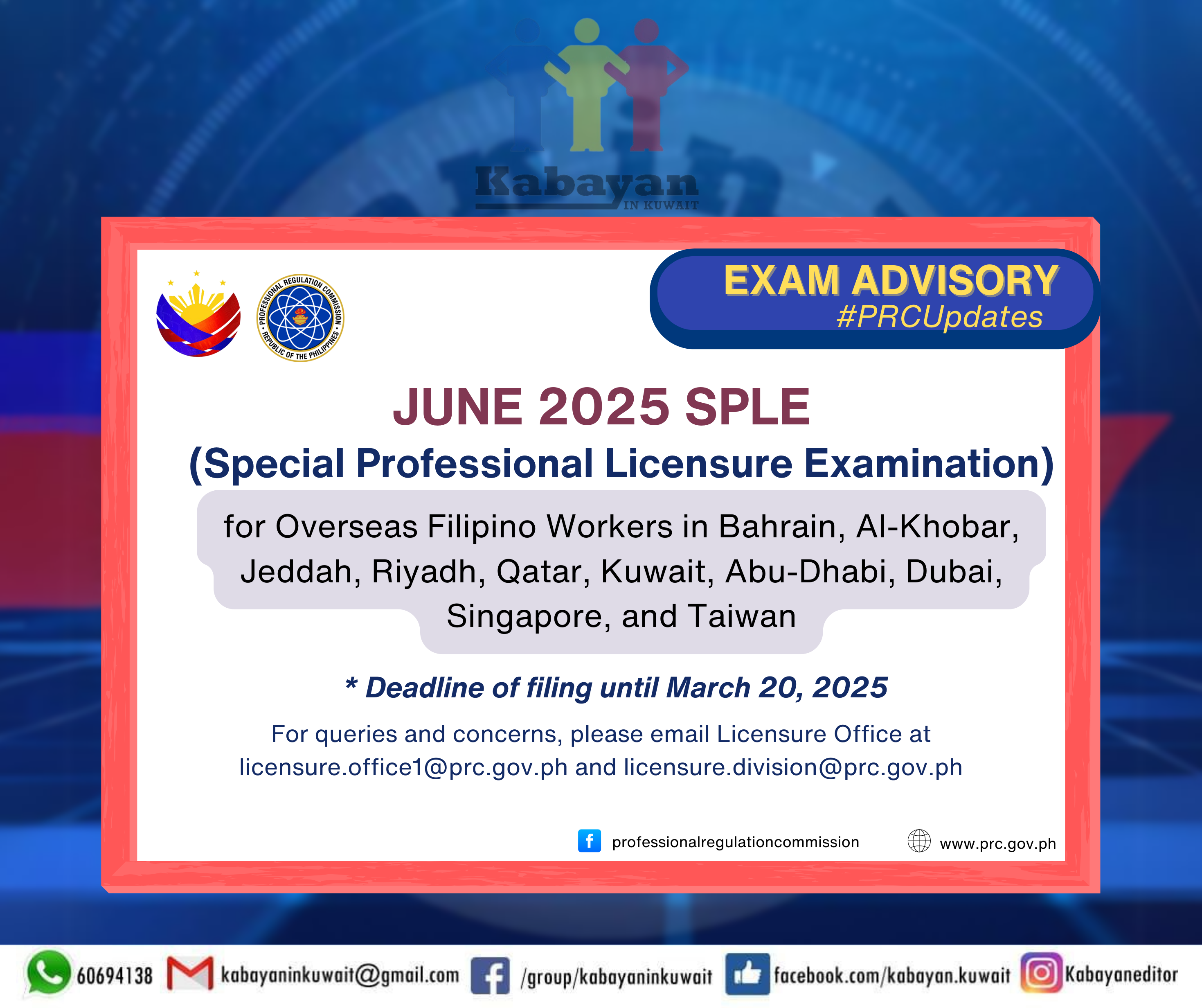In line with the directives of Sheikh Talal Al-Khaled, the First Deputy Prime Minister and Minister of the Interior, the Public Authority for Applied Education and the Public Authority for Manpower have collaborated to prepare a memorandum of understanding. The memorandum, set to be signed next week, focuses on the implementation of practical and technical tests for skilled workers in Kuwait, reported Al-Anba Daily.
These tests will serve as a prerequisite for obtaining a work permit, forming an essential element of the professional system project for smart recruitment. The aim of this endeavor is to enhance the labor market by raising the technical proficiency of the workforce in Kuwait.
The memorandum of understanding will outline the gradual introduction of these tests, specifying standards and conditions for determining the professions subject to testing. This careful approach aims to ensure the efficient implementation of the project while setting guidelines to protect the Kuwaiti family from fraud and subpar work in the contracting sector.
The first phase of the initiative will focus on introducing tests for professions and work permits in the contracting sector. This strategic decision seeks to improve the efficiency and competency of this sector, enhancing its output and safeguarding the interests of both workers and the Kuwaiti community. The Public Authority for Manpower affirmed its commitment to further developing a skill classification system.
This mechanism will establish levels of employment based on skills and experience, setting the stage for future decision-making in this area. Sheikh Talal Al-Khaled’s directive underscores the government’s dedication to enhancing the workforce’s efficiency and quality in Kuwait. The smart recruitment project, with its emphasis on skilled workers’ tests, sets the stage for a more advanced labor market and aligns with Kuwait’s broader development goals.
Kuwait is taking significant steps to improve its labor market by implementing practical and technical tests for skilled workers. These tests will act as a prerequisite for obtaining work permits, ensuring that the workforce in Kuwait possesses the necessary technical proficiency to excel in their respective fields.
By introducing these tests, the government aims to enhance the overall efficiency of the labor market. This strategic decision will not only improve the competency of the contracting sector but also protect the interests of both workers and the Kuwaiti community. The careful approach outlined in the memorandum of understanding aims to prevent fraud and subpar work, ensuring that the contracting sector operates at its full potential.
The introduction of a skill classification system further emphasizes the government’s commitment to enhancing the quality of the workforce. This system will establish different levels of employment based on skills and experience, allowing for more informed decision-making in the future. By setting these standards, Kuwait is paving the way for a more advanced labor market that aligns with its broader development goals.
Sheikh Talal Al-Khaled’s directive highlights the government’s dedication to improving the efficiency and quality of the workforce in Kuwait. The smart recruitment project, with its focus on skilled workers’ tests, is a testament to the government’s proactive approach in creating a labor market that meets international standards.
As Kuwait prepares to sign the memorandum of understanding, it is evident that the collaboration between the Public Authority for Applied Education and the Public Authority for Manpower is crucial in implementing these tests effectively. The gradual introduction of the tests, along with the specified standards and conditions, will ensure that the project is implemented efficiently while protecting the Kuwaiti family from any potential fraud or subpar work.
In conclusion, Kuwait’s decision to implement practical and technical tests for skilled workers is a significant step towards enhancing the efficiency and quality of its labor market. By setting standards and conditions, the government is working towards creating a more advanced labor market that aligns with Kuwait’s broader development goals. This initiative not only benefits the workforce but also safeguards the interests of the Kuwaiti community, ensuring a thriving contracting sector that operates at its full potential.







